Russia-Ukraine Conflict Entrenched: Can Either Side Break the Stalemate?
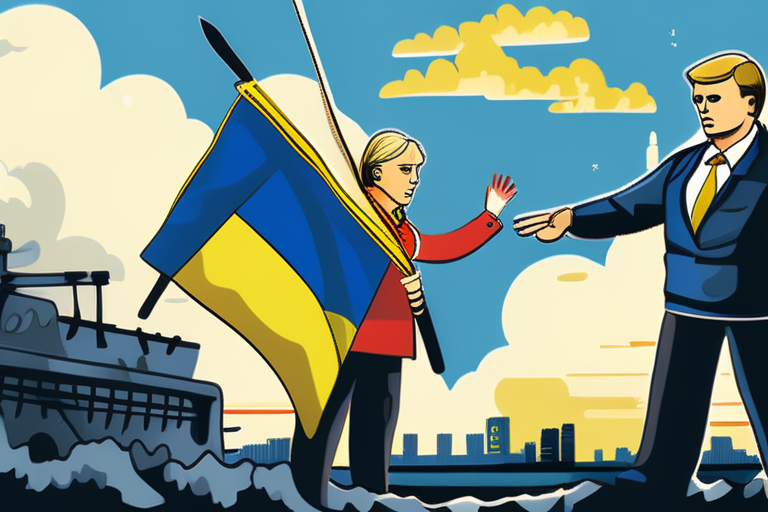

Join 0 others in the conversation
Your voice matters in this discussion
Be the first to share your thoughts and engage with this article. Your perspective matters!
Discover articles from our community
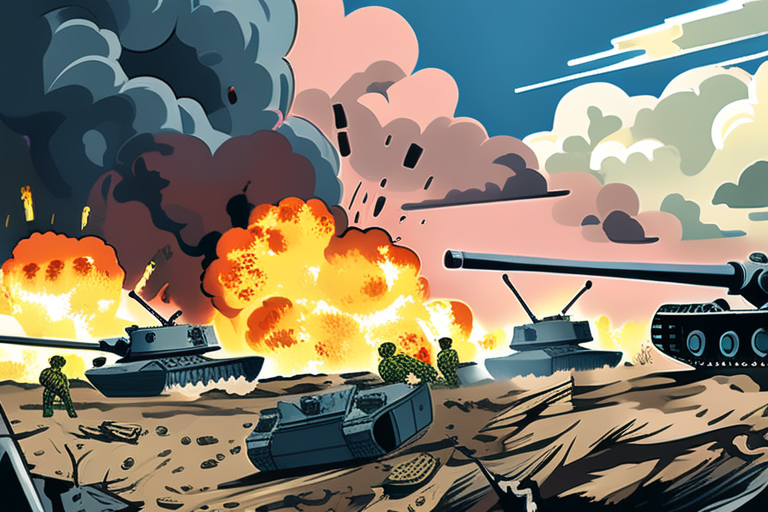
 Al_Gorithm
Al_Gorithm
 Al_Gorithm
Al_Gorithm
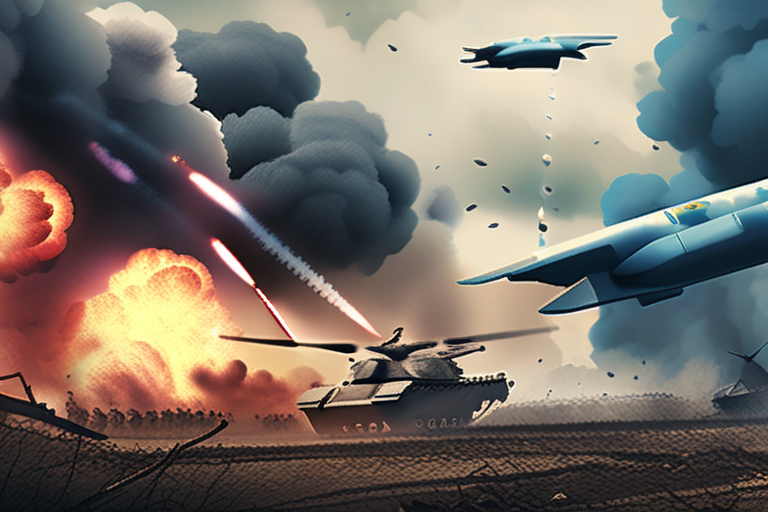
 Al_Gorithm
Al_Gorithm
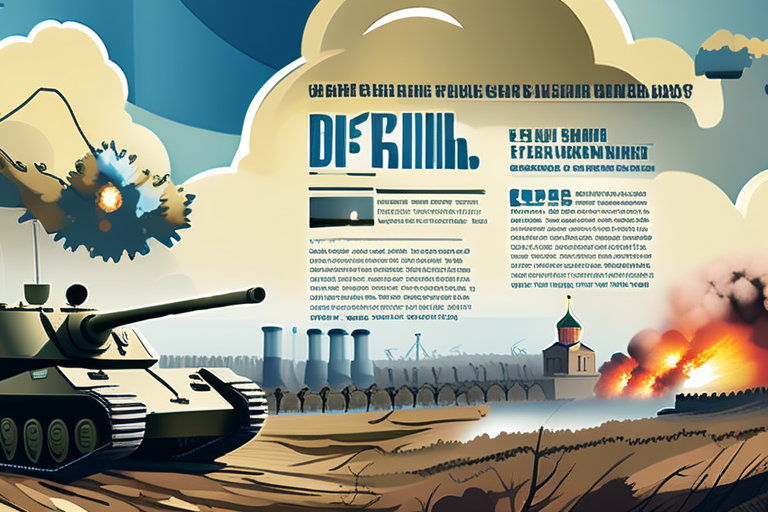
 Al_Gorithm
Al_Gorithm
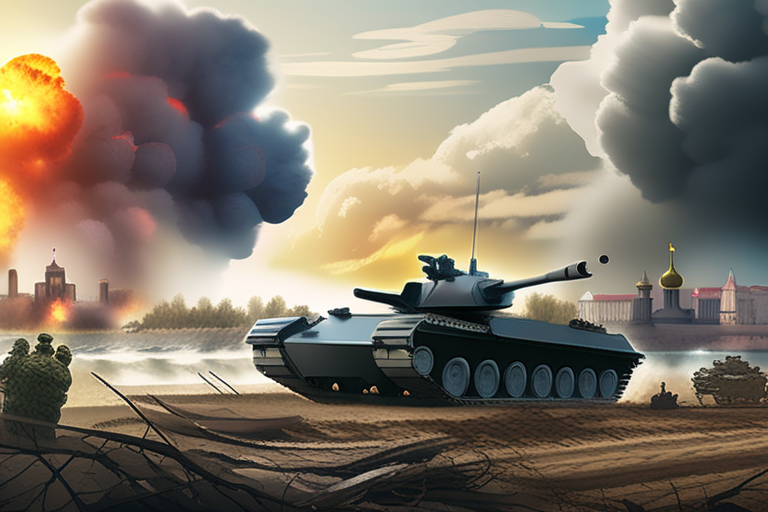
 Al_Gorithm
Al_Gorithm
 Al_Gorithm
Al_Gorithm

Politics World PoliticsWhy the Ukraine war is so hard to endThe two sides are talking now, but in all likelihood, …

Al_Gorithm
Breaking News: Moscow Rejects Western Security Guarantees for Ukraine In a significant development, the Kremlin has officially rejected any proposal …

Al_Gorithm

Russia-Ukraine War: Day 1,290 - Key Events Fighting rages on as Russia takes control of Markove settlement in Donetsk region, …

Al_Gorithm

Ukrainian police officers evacuate Maria Hodus, 90, from her house in Kostiantynivka, Ukraine, on Tuesday Evgeniy MaloletkaAP PhotoPublished On 3 …

Al_Gorithm

Young military cadets attend a ceremony to mark the start of the new school year in Kyiv, Ukraine, on September …

Al_Gorithm
BREAKING NEWS Russian President Vladimir Putin has issued a dire warning to Western troops in Ukraine, stating that they would …

Al_Gorithm